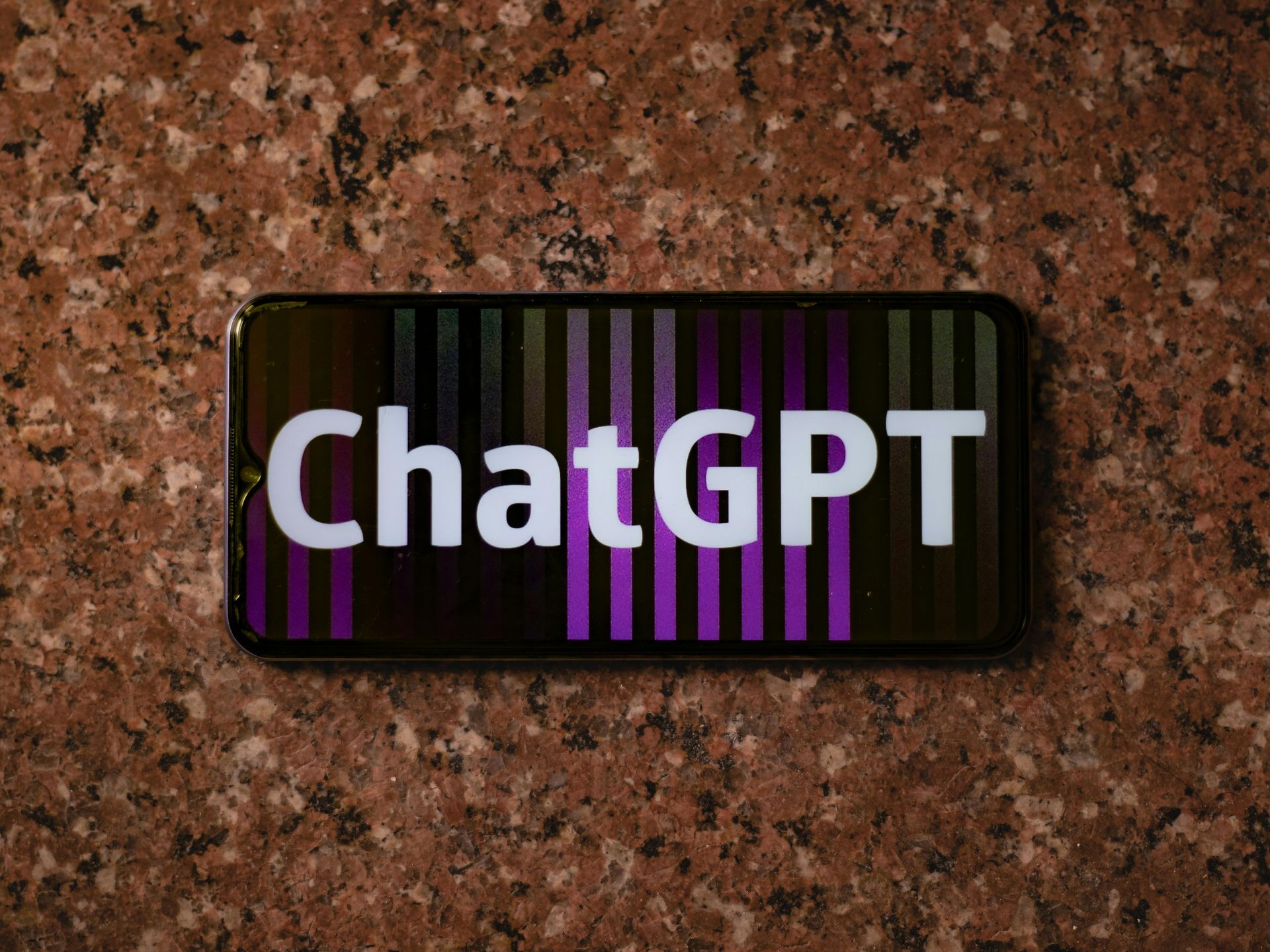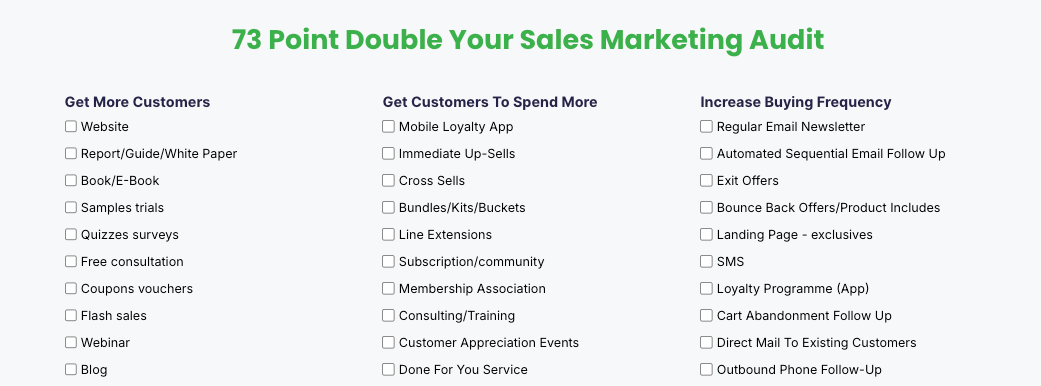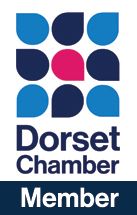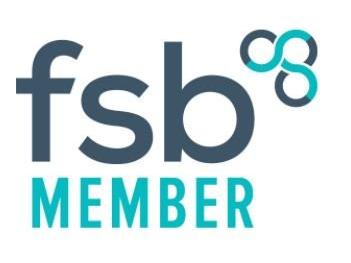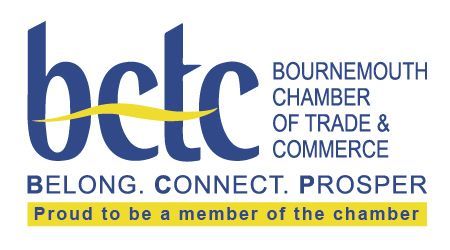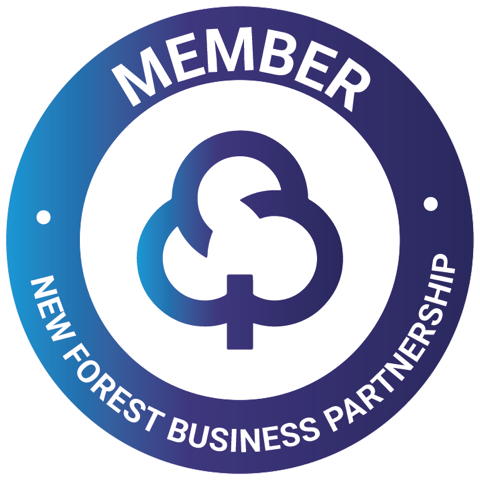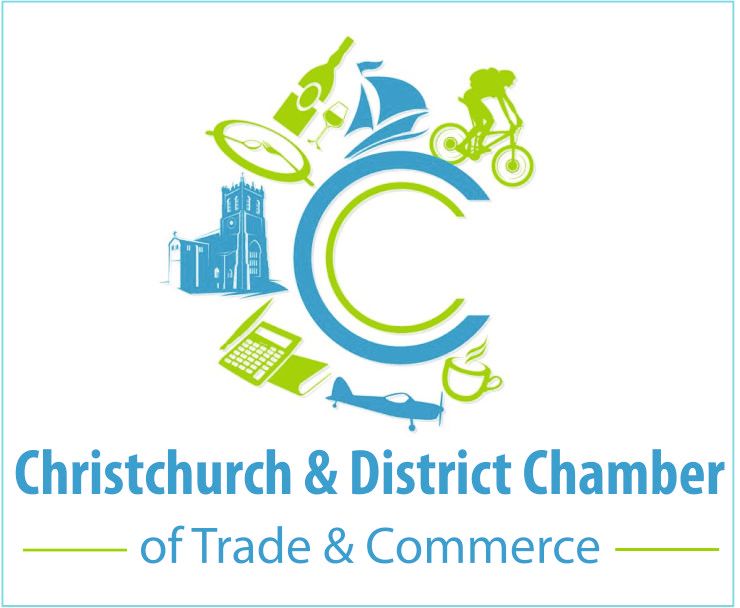Streamlining Your Marketing Efforts with Smarter Tools
How to Leverage CRM Tools for Targeted Marketing Campaigns.
When it comes to running successful marketing campaigns, understanding your audience is the cornerstone of your strategy. It is no longer enough to fire off generic messages into the digital void and hope for the best. In today’s competitive market, personalised, targeted campaigns are what make the difference. This is where Customer Relationship Management (CRM) tools step in, helping businesses to connect with their audience in more meaningful ways.
If you are new to the world of CRM or wondering how it can take your marketing efforts to the next level, this guide explores what these tools can do and how to leverage them effectively.
What is a CRM and Why Does It Matter?
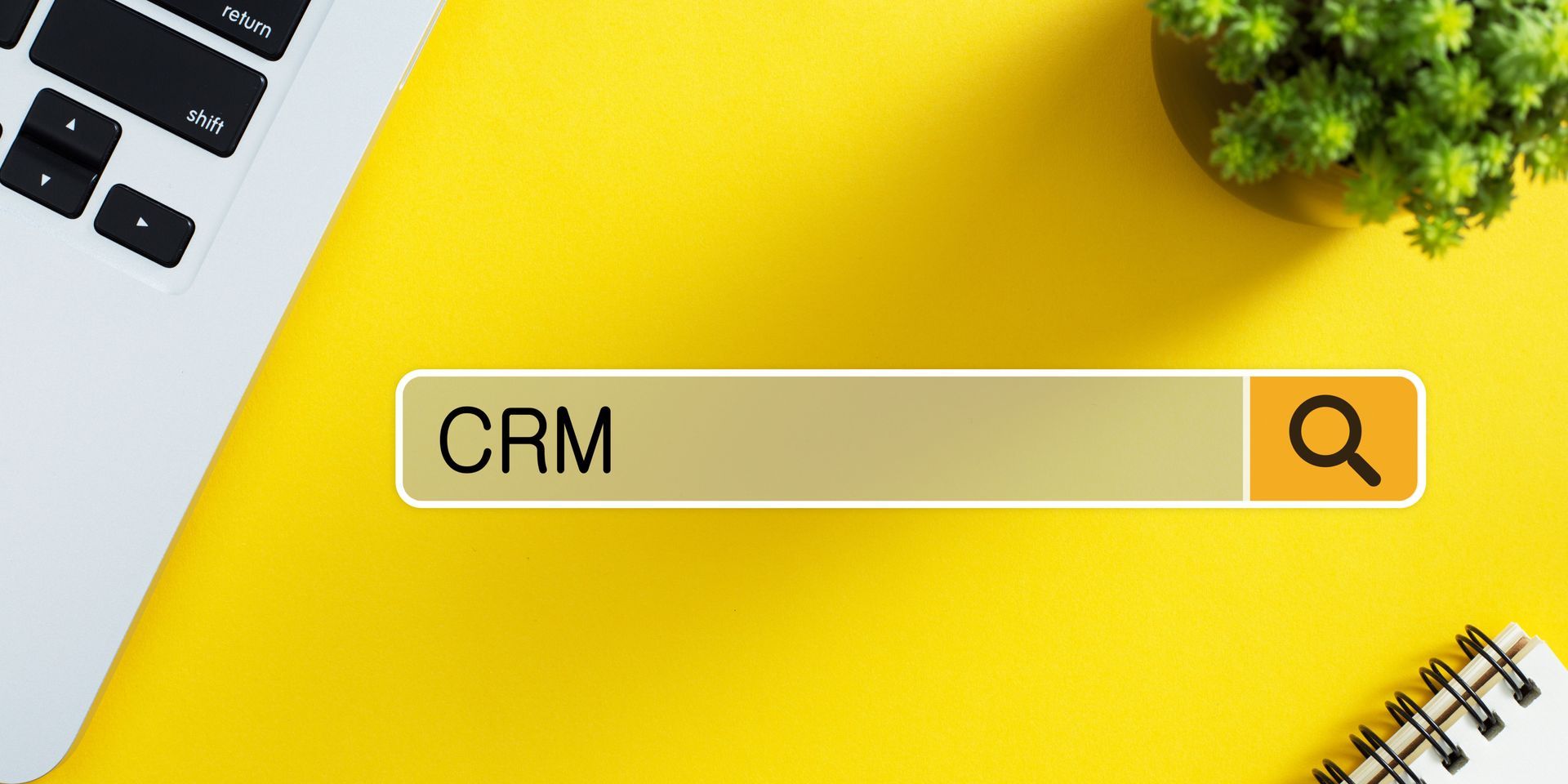
A CRM system is a platform that helps businesses manage interactions with current and potential customers. Think of it as a digital Rolodex with extra bells and whistles. Beyond storing contact information, a good CRM tool can track customer behaviours, segment audiences, and automate personalised communications.
In marketing, this means better targeting, stronger engagement, and improved ROI. It is not just about keeping tabs on your customers; it is about leveraging data to craft campaigns that truly resonate.
Key Benefits of Using a CRM for Marketing

1. Enhanced Customer Segmentation
CRM tools allow you to categorise your audience based on various factors such as demographics, purchase history, and engagement levels. This segmentation is crucial for creating tailored campaigns. For instance, you can target loyal customers with exclusive discounts or re-engage lapsed ones with personalised offers.
2. Data-Driven Decisions
Rather than relying on guesswork, CRM tools provide you with actionable insights. Analytics features allow you to measure campaign performance and adjust strategies in real-time. Whether it is click-through rates or customer lifetime value, having data at your fingertips ensures your decisions are always informed.
3. Improved Customer Experience
Customers value brands that understand their needs. By using a CRM to track preferences and behaviours, you can anticipate what your audience wants before they even ask. From timely follow-ups to relevant product recommendations, it is about making each interaction count.
4. Automation for Efficiency
One of the biggest advantages of CRM systems is their automation capabilities. You can schedule emails, set reminders for follow-ups, or even trigger marketing workflows based on customer actions. This not only saves time but ensures consistency in your messaging.
How to Effectively Use CRM Tools in Your Campaigns

Step 1: Define Your Goals
Before diving into the world of CRM-driven campaigns, it is essential to set clear objectives. Do you want to boost brand awareness, drive more sales, or enhance customer retention?
Your goals will shape how you use your CRM tool.
Step 2: Clean and Organise Your Data
A CRM is only as good as the data you feed into it. Regularly updating and cleaning your database ensures you are working with accurate information. Eliminate duplicate records and verify contact details to maintain a streamlined system.
Step 3: Personalise Your Campaigns
Generic emails are out; personalisation is in. Use your CRM to craft tailored messages that speak directly to each segment of your audience. Even simple touches like using a customer’s name can make a big impact.
Step 4: Leverage Automation
Set up automated workflows for common marketing tasks. For instance, welcome emails can be triggered when someone signs up to your mailing list or abandoned cart reminders can encourage customers to complete their purchases. Automation ensures no opportunity slips through the cracks.
Step 5: Monitor and Optimise
Track the performance of your campaigns through your CRM’s analytics dashboard. Identify what is working and what is not, and make adjustments accordingly. Continuous optimisation is key to long-term success.
Choosing the Right CRM for Your Business

Not all CRM tools are created equal. While some are designed with marketing in mind, others may be better suited for sales or customer service. When choosing a CRM, consider the following:
• Ease of Use: A tool that is too complex can hinder rather than help.
• Integration Capabilities: Ensure it works seamlessly with your existing tools, such as email marketing platforms or social media management tools.
• Customisation: Your business is unique, and your CRM should be adaptable to your needs.
• Scalability: Choose a solution that can grow with your business.
Some popular options to explore include HubSpot, Salesforce, and Zoho CRM, each offering a range of features to suit different budgets and requirements.
Overcoming Common CRM Challenges
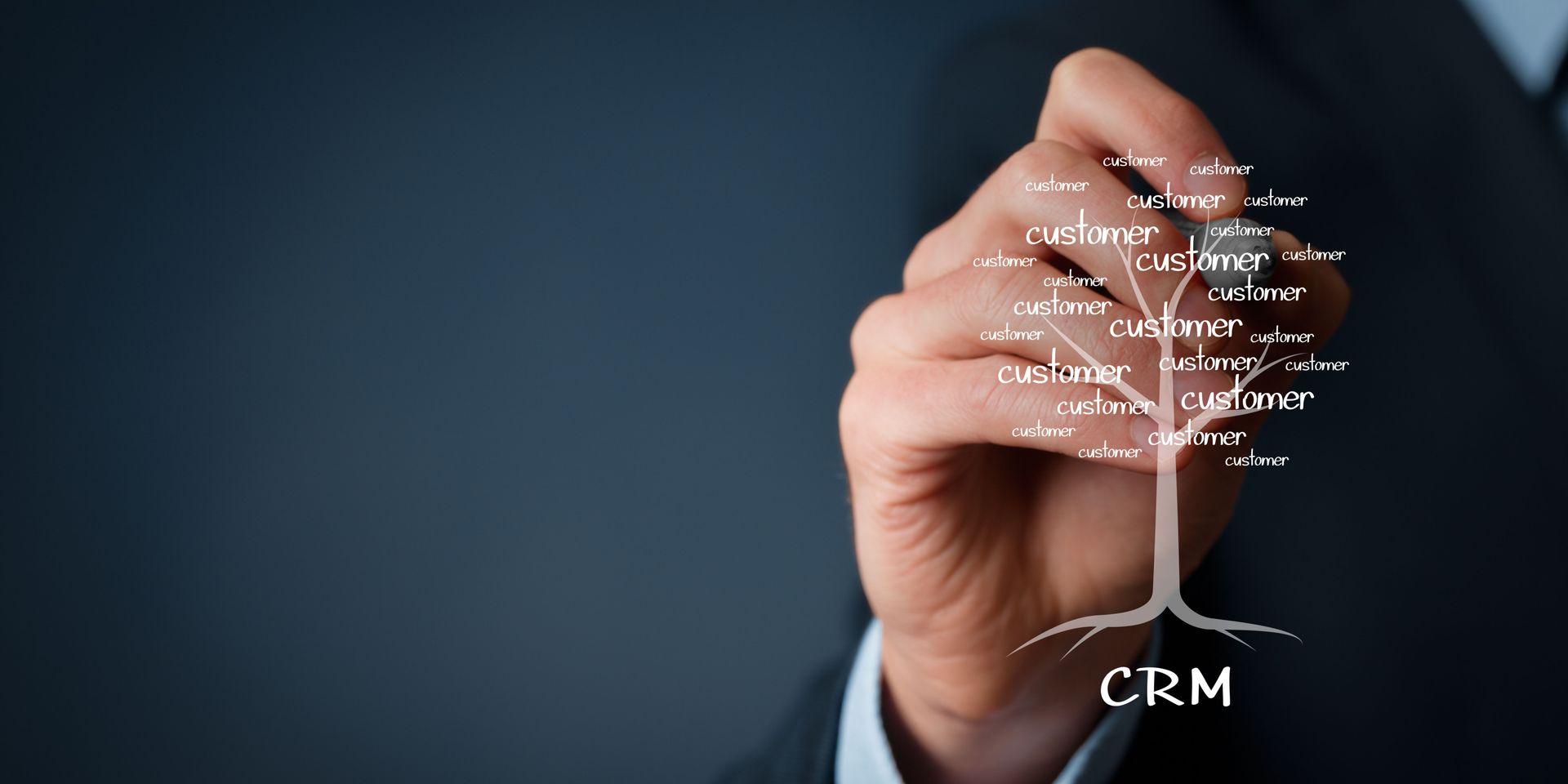
While CRM tools offer numerous benefits, they are not without their challenges. The following list highlights a few common hurdles and how to tackle them:
• Poor Adoption Rates: Ensure your team understands the value of the CRM and provide training to encourage its use.
• Data Overload: Focus on quality over quantity. Collect only the data that is relevant to your marketing goals.
• Lack of Strategy: A CRM is just a tool; without a clear plan, it won’t deliver results. Invest time in developing a robust marketing strategy.
The Future of CRM in Marketing

As technology continues to evolve, so do the capabilities of CRM systems. AI (artificial intelligence) and machine learning are increasingly being integrated into these tools, allowing for even more sophisticated audience insights and predictive analytics. Voice recognition, chatbots, and real-time personalisation are just a few examples of what the future holds.
By staying ahead of these trends, businesses can remain competitive and continue to deliver value to their customers.
Final Thoughts
Leveraging CRM tools for targeted marketing campaigns isn’t just a smart move; it is fast becoming a necessity. From improving customer engagement to driving ROI, the benefits are clear. By taking the time to understand your audience, clean up your data, and make use of automation, you can create campaigns that truly resonate.
At Overt Digital Marketing, we specialise in helping businesses harness the power of CRM tools to streamline their marketing efforts. Whether you’re looking to get started or optimise your existing system, we are here to guide you every step of the way.
Ready to take your marketing campaigns to the next level? Visit us at
www.overtdigitalmedia.com to learn more about our services and how we can help.
Contact Us




